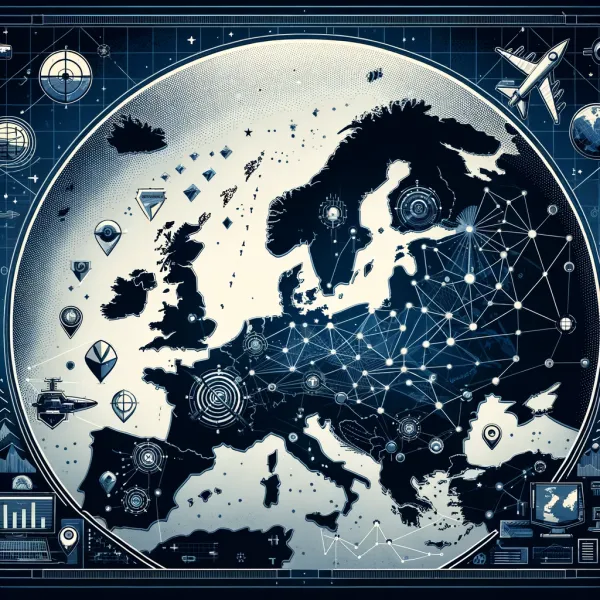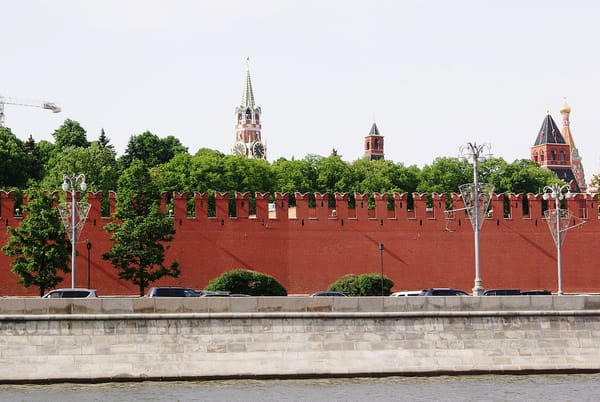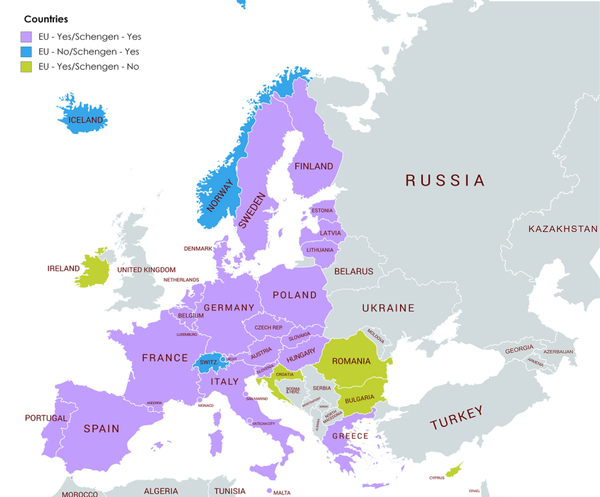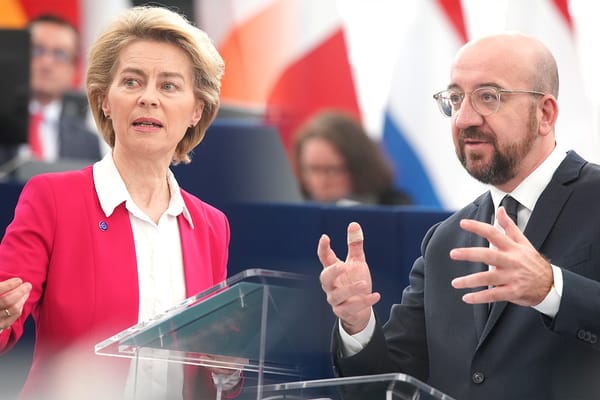
The East-West Divide on Gas Network Support Deepens
The future of natural gas and how it is funded by the EU are deepening the divide between eastern and western Europe. Countries in Central & Eastern Europe (CEE) like the Czech Republic, Poland, Hungary, Bulgaria and Romania continue to see natural gas as a key energy source and would like to use EU funds to develop natural gas infrastructure in the future.
However, 11 member states in western Europe, led by Luxembourg, oppose any plans leading to the long-term, strategic development of natural gas. In May, Germany, Austria, Belgium, Spain and the Netherlands adopted a joint declaration urging for a withdraw of support for natural gas infrastructure development projects. They argued that the EU will not be able to meet its 2030 and 2050 climate targets if it continues to support natural gas.
In contrast, the CEE region is proposing a gradual transition away from gas. According to the Czech delegation, the region, like Western European countries, is struggling to meet climate targets but would like to use existing natural gas infrastructure to give cleaner-burning hydrogen a greater role in the energy mix in the future. They argue that the gas infrastructure should be kept and developed, as levels of hydrogen up to 20% can be safely blended and added to existing gas pipelines without retrofitting. But in order to ensure that larger amounts of hydrogen can be safely transported through existing gas pipelines, more resources and system modifications would be required.
As a compromise, energy ministers have agreed to prolong EU support for some cross-border natural gas projects, and up until 2028, support may be available to convert gas pipelines to carry hydrogen, and those projects could continue to carry natural gas blended with hydrogen until 2030. Germany, Spain, Austria and Luxemburg, however, did not back the agreement, whereas the Czechia wanted to prolong such support until 2035.
Another battle is on the horizon in December of this year, when the European Commission will present its comprehensive plan for EU legislation of natural gas.





